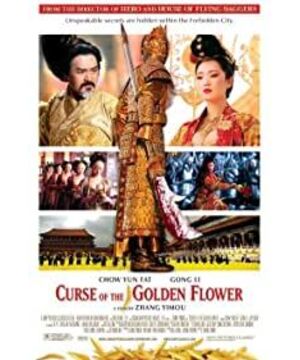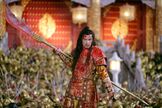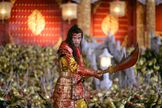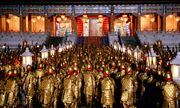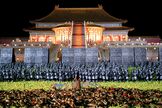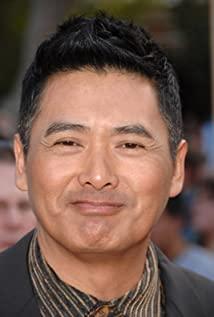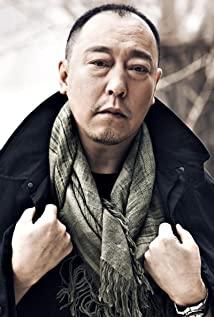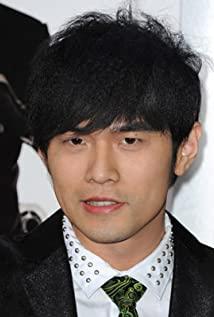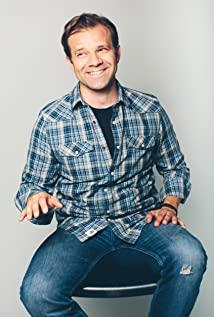More than 1,200 years ago, Huang Chao wrote such a sentence. His state of mind at that time is not easy to understand for people today. The son of a Shandong smuggled salt dealer, who probably still had the family mission of roaming the officialdom, after his second failure in the examination room, looking around the most magnificent capital in the world at the time, he suddenly had a decision to change the world. I don't know where that confidence comes from. Later, Song Jiang was in the small building by the river, and the wine was strong and cowardly, and he said that he dared to laugh at Huang Chao's husband. In fact, his morality was far from Huang Chao, and he couldn't be calculated.
The historical writings of the 20th century fully affirmed Huang Chao's image of upholding justice and resisting tyranny. Although the means of outreach and resistance are also full of violence, and although Huang Chao and his army cannot be expected to build a good society, his wanton contempt and ruthless trampling on the false, cruel and unequal order, and his ruthless defiance of a new world Yearning, still once got a lot of resonance.
Zhang Yimou's reinterpretation of Yong Ju's poem constitutes an irony. The struggle of resistance has been repeatedly reduced in meaning, described as family grievances and intrigue within the core of power, and defined as the impulses and perversions of children's personal love. The majesty and power of tyranny has been infinitely magnified. Although the golden armor was used as a symbol of the rebels at the time of the uprising, it was just a sneaky and vulnerable night attack. What really shines in the sun and is unshakable is the tyranny itself. The theme of fate in Cao Yu's original works is bleak and powerless by comparison. And the pain of the characters in the play is also covered with a layer of greed and cruelty, which makes it difficult for people to sympathize and only feel disgusting.
From "Hero" to "House of Flying Daggers", to "Golden Armor", it can be called a trilogy. A consistent theme is "people and power". People have transformed from heros who are free-spirited and righteous, into struggling little people, and then degenerate into pale and lowly servants. And power, in Qin Shihuang's place, still wears the mask of hypocrisy. In "House of Flying Daggers", it has shown the power to kill people without being visible, and finally turned into thousands of chrysanthemums, blooming in broad daylight.
Maybe people today can't understand Huang Chao, but can they understand Zhang Yimou? If Chinese films still have some functions of expressing ideas and reflecting reality, what kind of mental journey is this trilogy?
View more about Curse of the Golden Flower reviews


